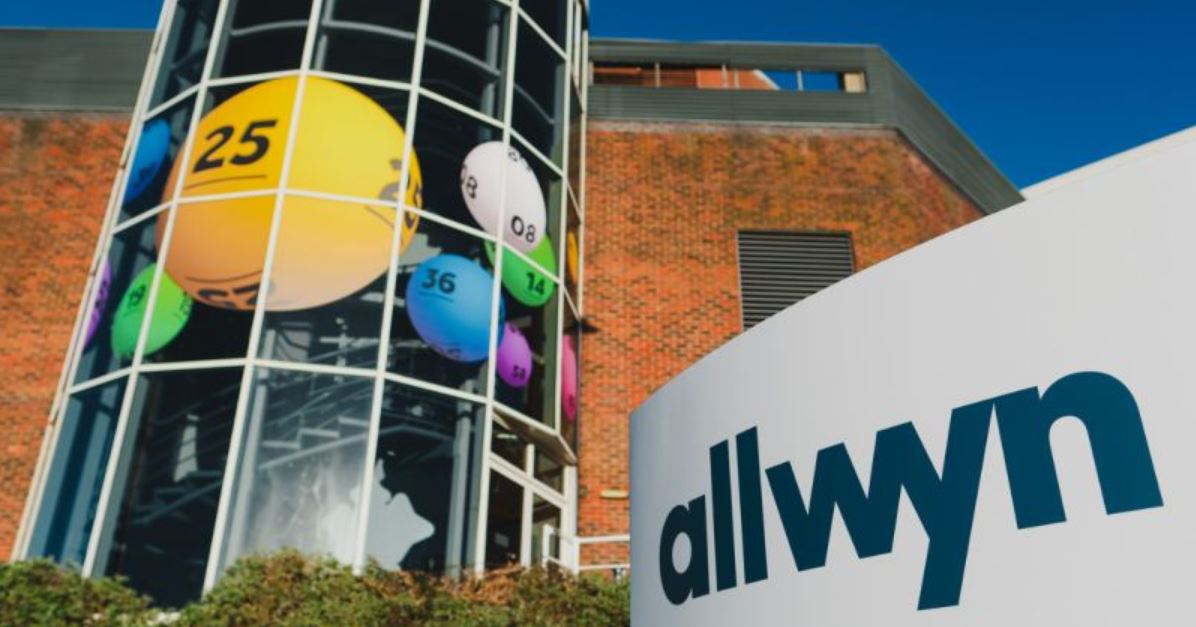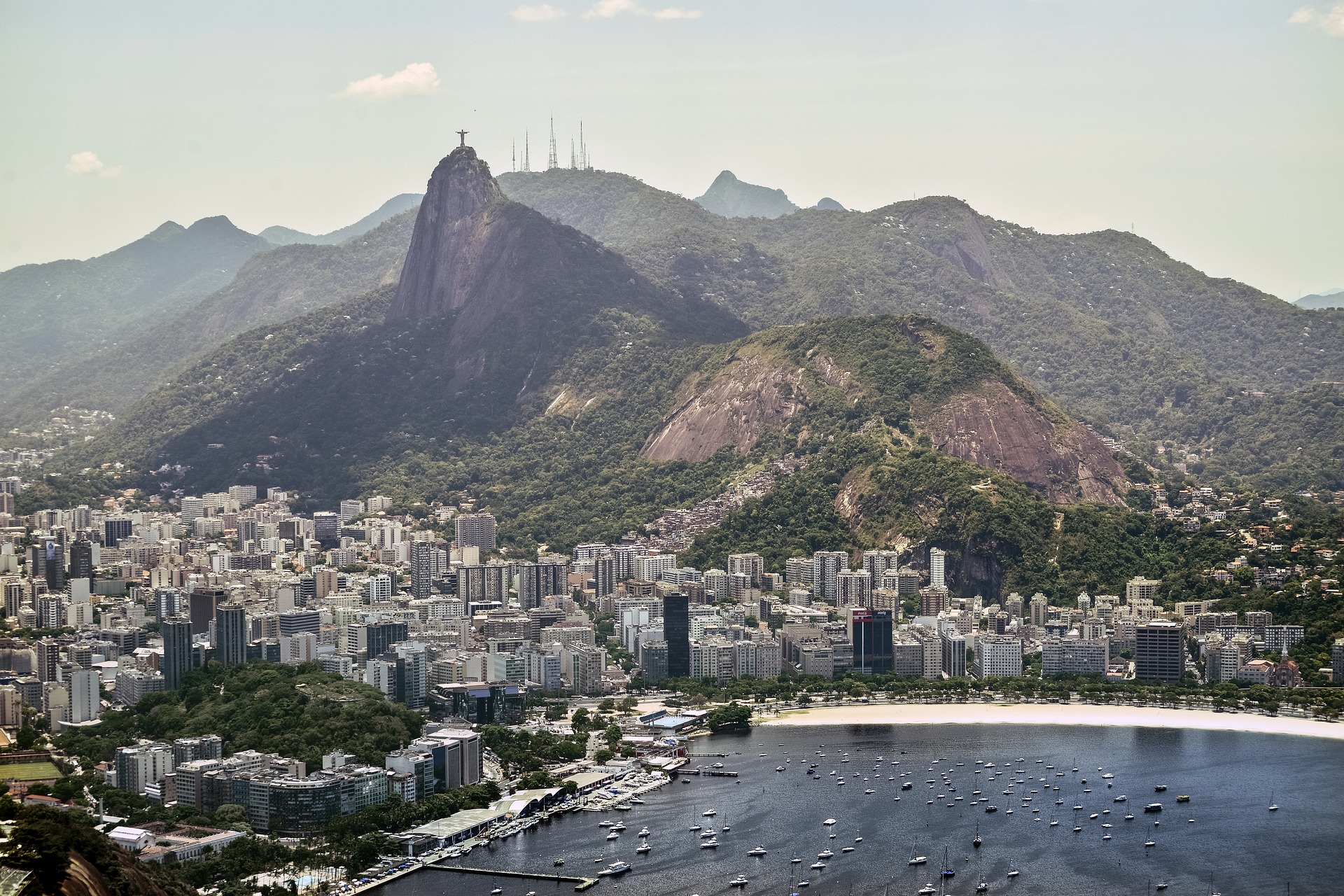
The Brazilian Senate vote was originally scheduled for December 6 at 2:00 p.m. local time (5:00 p.m. GMT), but has now been postponed to Tuesday, December 12.
The prospects of it being approved this year are now bleak.
While the Brazilian gambling regulation proposal remained on the agenda, senators were unable to vote on the bill due to a lack of quorum.
Since the minimum number of senators required to vote was not reached, the vote could not be held as it risked jeopardizing the passage of the bill.
Factors behind the delay
When Brazil’s Economic Commission (CAE) approved Bill 3,626 two weeks ago, the industry assumed that the full Senate vote would follow shortly thereafter. But this was not the case.
The Senate floor vote was scheduled for November 29 – but the vote was postponed until December after more than 100 amendments were added to the bill.
The main reason for the delay is that 15 key senators were attending the United Nations Climate Change Summit (COP28) in the United Arab Emirates. The summit lasts until early next week.
A qualified quorum is required for the vote as the proposal does not find consensus in the Senate. This means that the lack of senators supporting the proposal risks jeopardizing the bill’s passage.
What impact will this have on Brazilian regulation?
If this vote is also delayed, the effects could reach much further. The main problem with the postponement is that there are only two weeks left until Parliament recesses. This begins on December 23rd and lasts until February 2nd, 2024.
In order for the bill to be included in the 2024 budget with the necessary funds, it would need to be approved in 2023.
Although the vote is tentatively scheduled for next Tuesday, the Brazilian Chamber of Deputies would then have a week and two days to approve the changes. These were originally presented last week by Senator Angelo Coronel.
If the Senate approves the proposal on December 12, the House will only have the last week of the legislative year to approve the changes.
What does the industry think?
Luiz Felipe Maia, founding partner of Brazilian law firm Maia Yoshiyasu Advogados, remains confident that regulation is not far away.
“I firmly believe that we are getting closer to regulation,” says Maia. “In fact, I believe we are very close to passing the bill. A crucial element that was missing from the previous attempts: the government’s weight for approval.”
Maia says the players themselves will benefit most from the scheme compared to the perceived benefits to the government and the sport. As for the delays, he believes it is just part of the process.
“COP28 resulted in several absences in the Senate,” he continues. “The government and the bill’s supporters are not prepared to take risks in the vote. Those who are against it are also trying to block it and aim to exclude online gaming.
“It’s definitely frustrating, but it’s part of the democratic process.”
Will we see betting regulation in 2023?
The betting law is arguably a crucial part of Brazil’s 2024 budget. Neil Montgomery, founder and managing partner of Brazilian law firm Montgomery & Associados, agrees.
“The federal government expects that the betting law will make a contribution to the 2024 budget. In addition to the license fee – set at BRL 30 million – the federal government has announced that it expects to collect BRL 1.6 billion in taxes,” he says.
However, Montgomery is skeptical that this can be achieved before Congress goes into recess after December 22nd.
“Given that there is very little time left before Congress goes into recess – which begins on December 23 and ends on February 1, 2024 – I am skeptical that there will be enough time this year to do so to adopt. This is especially since the Betting Bill needs to be returned to the House of Representatives,” he added.
The question now is whether the betting bill can potentially be considered in the House of Representatives within 10 days of next week’s vote. This is due to the 100 amendments Senators made to the bill on November 29th.
After approval by the House of Representatives, it must also be reviewed and approved by President Lula’s office.
Where do we currently stand on Brazilian regulation?
“Although I am an eternal optimist and believe we have never been closer to Brazilian regulations, the chances of the betting law being approved and enacted before ICE London 2024 are slim,” says Montgomery.
However, there are numerous benefits to be gained from keeping the text of the bill as it was last presented.
“The federal government wins because it will finally be able to collect taxes and royalties and have these additional revenues paid into the budget,” says Montgomery.
Regulation of the market will also enable the creation of a large number of formal jobs. Foreign operators, who make up the majority, must establish a physical presence in Brazil and bring foreign direct investment into the country.
“The only downside in this regard is the 20 percent Brazilian stake, which hopefully will not be approved in the end. They also have to start paying local taxes, but at least the GGR tax reduction from 18% to 12% is positive,” Montgomery continued.
“Players also benefit from the reduced winnings tax. The physical presence of operators will also be beneficial. This is because they have a local “door to the door” to knock on when problems arise.
“This will certainly lead to more litigation in Brazil, which, especially from a consumer protection perspective, can be a nightmare for suppliers.”
Read between the lines to Brazilian regulation
According to Montgomery, there remains strong opposition to the bill’s passage. He believes this is the main reason for the delay.
“Recently the opposition has been more focused on the inclusion of iGaming in the betting law. Originally it was limited to fixed odds sports betting. Nevertheless, I am not surprised, but rather disappointed, that there is once again a concrete chance to take part in the ICE next year without any concrete progress from Brazil.”
There was already resistance to the inclusion of iGaming. The amendment was originally approved last month by the Brazilian Economic Council (CAE) as part of Bill 3,626.
Bill 3,636 underwent a series of transformations to arrive at its current form. In July of this year, Brazil’s President Luiz Inácio Lula da Silva enacted Provisional Measure (PM) No. 1,182.
This implemented the sports betting measures set out in Law No. 13,756 of 2018 with changes to the tax rate and marketing restrictions.
This approval also changed one of the most controversial aspects of the bill – the tax rate. This was originally set at 18%, much to the anger of the industry, which reacted overwhelmingly negatively.







